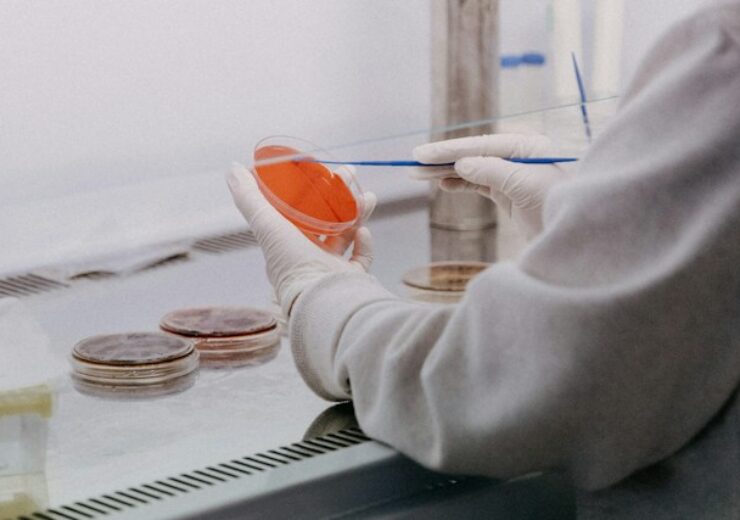Xenetic has signed the research funding agreement and material transfer agreement with UVA to obtain an exclusive license to any new intellectual property from the DNase research programme, which targets neutrophil extracellular traps (NETs)

Xenetic partners with the University of Virginia. (Credit: Trnava University on Unsplash)
Xenetic Biosciences, a US-based biotech company focused on immune-oncology technologies, has partnered with the University of Virginia (UVA) to advance its systemic DNase platform.
The biotech company has signed a research funding agreement and material transfer agreement with UVA.
Under the terms of the agreements, Xenetic, in addition to its existing intellectual property, can obtain exclusive license to any new intellectual property from the DNase research programme.
The company’s scientific advisory board member and UVA School of Medicine department of surgery chair Allan Tsung will oversee the planned research under the agreement.
Tsung added: “I am looking forward to further exploring the potential of the DNase platform and working with Xenetic to advance the program’s development.
“We share a goal of evaluating the potential addition of DNase to available treatment options in areas of significant unmet need.”
Xenetic’s DNase platform targets neutrophil extracellular traps (NETs), the interconnected structures containing extracellular chromatin coated with histones and other proteins.
Usually, activated neutrophils eliminate NETs, in response to microbial or pro-inflammatory challenges.
However, elevated levels of NETs may lead to aggravated inflammatory and autoimmune pathologies, along with pro-tumorigenic niches in cancer growth and metastasis.
Xenetic is working toward its planned first-in-human study to evaluate its DNase platform, together with immune checkpoint inhibitors or chemotherapy.
The company aims to advance the systemic DNase programme into the clinic as an adjunctive therapy for pancreatic carcinoma and locally advanced or metastatic solid tumours.
Xenetic CEO Jeffrey Eisenberg said: “We believe the data generated by our research and development collaborations are key to fully unlocking the potential of our DNase technology and importantly, providing translational insights as we drive a clinical path for our lead solid tumour indications.
“These agreements provide a significant addition to our development capabilities and resources and we believe it bolsters our opportunity to accelerate development timelines.
“Additionally, we are pleased to deepen our work with Dr Tsung who has provided a valuable perspective to our team and significant insight for our DNase platform.”
